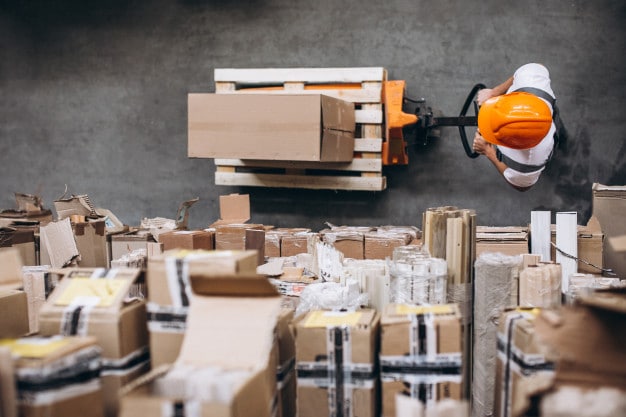
Realignment of logistics supply line post COVID
Logistics is the lifeline of an economy. Especially, an economy which is as diverse as India. Logistics is the arterial network without which an economy just cannot function. Logistics goes hand in hand with services. If there is any lax in any aspect of logistics and services, it will affect the whole value chain; in turn, affect the economy.
Both the industries require man and machine to function properly. Now, with the onset of COVID, there was a domino effect which affected the entire world.
A small glimpse; the people were to stay inside; the shops got shut; the machines stopped working; the finished goods got stuck at the warehouses; the raw materials were not picked from the godowns; the banks had to give moratorium; the entire line crunched up. Result: Everything freezed.
However, in the midst of all this, a new wave emerged. A splurge of online shopping. Offline consumers suddenly understood the need to contactless buying of goods. Companies started automating their processes with the least amount of human contact. This has given rise to the creation of a large network of big and small distribution systems which would facilitate for faster, least-contact delivery systems. Amazon – one of the leading eCommerce players in the country, and the world, had announced on its site that the customers are relying on them like never before in their social distancing and self-quarantine efforts.
On 25th March 2020, BigBasket – a key online grocery player in India had the following message “We’ll be back soon! We are currently experiencing unprecedented demand. In light of this, we are restricting access to our website to existing customers only. Please try again in a few hours.” So overwhelming was the response that it faced a breakdown due to a steep increase in demand amid COVID-19. Grofers – a rival, had a similar kind of message which said: “Due to the sudden rush, we have stopped servicing many locations, but we are working to increase capacity and will be resuming operations shortly.”
It is to be noted that these were at the beginning of the outbreak, but the interesting part is, that the online shoppers have not decreased since then, but only increased or at least remained the same since the unlock is happening in a phased manner. This has given rise to increased selling of commercial vehicles to meet the growing demand of the last mile deliveries. In the midst of all this, the government also upgraded the warehouses’ norms where it is important for big companies to be part of only compliant warehouses. Warehouses, big or small, must all be compliant, legally as well as environmentally.
Small, medium as well as big companies are all looking for warehouses with easy access to National and state highways, and also in-city for the last mile deliveries. The road ahead is long and it will take a while when decentralization will become a norm these industries work by. But it has been an interesting view of how the epidemic gave rise to new and innovative and a faster delivery network system.




